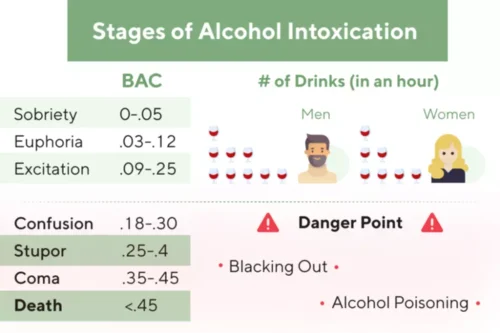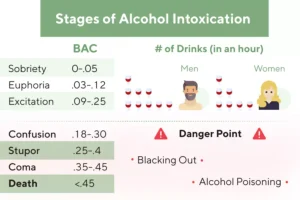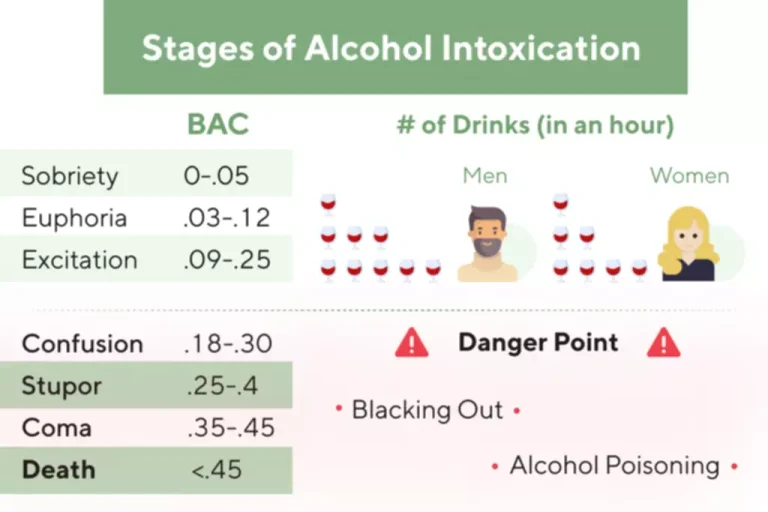
The development of effective medications could provide additional tools for individuals struggling with marijuana addiction, particularly those who have not found success with behavioral therapies alone. The causes of marijuana addiction involve genetic predisposition, early onset of use, and psychological factors like stress or mental health disorders. ‘s 2009 study ‘The Genetics of Cannabis Use and Dependence’, individuals with a family history of marijuana addiction substance use disorders are 2-3 times more likely to develop a marijuana addiction.
Marijuana Addiction: Effects, Signs and Rehab Treatment
If you or someone you know is struggling with weed addiction, seeking help from healthcare professionals, addiction specialists, or treatment centers is highly recommended. These professionals can provide guidance, support, and evidence-based treatment options tailored to individual needs. Cravings for marijuana can persist long after withdrawal symptoms subside, making it challenging for individuals to maintain sobriety. While no medication specifically targets marijuana cravings, some medicines used for other substance use disorders or mental health conditions may help reduce cravings indirectly. These therapies address the psychological and behavioral aspects of addiction, helping individuals understand the underlying causes of their marijuana use and develop healthier coping mechanisms. Several types of behavioral therapies have proven effective in treating marijuana addiction.
How Long Do Alcohol Detox Symptoms Last

It is ideal for anyone who struggles with marijuana dependence, but not addiction. Inpatient care is the most intensive type of marijuana addiction treatment available. We may be paid a fee for marketing or advertising by organizations that can assist with treating people with substance use disorders. Finding the right help through therapy, peer support, or family guidance is essential to lasting recovery. Contact an addiction specialist or a local rehab center for personalized rehab information. These symptoms vary in severity depending on factors like the individual’s level of use, duration of cannabis use, and biological factors.

Why do OCD and SUD co-occur?
While there are no FDA-approved medications available for CUD, some studies show potential off-label utility in mitigating withdrawal and maintaining abstinence. Contingency management strategies provide incentives for engaging in desired behaviors instead of using marijuana. This can include providing vouchers or other rewards contingent upon verified negative urine screens or evidence of participation in treatment. It is critical to monitor psychological symptoms, which might be manifestations of withdrawal or a pre-existing mental health issue. Some people also find help through support groups such as Narcotics Anonymous or community-based organizations that provide education and resources to assist in recovery.

Without proper intervention, marijuana addiction can lead to a host of issues, including impaired cognitive function, mental health disorders, and a decline in personal and professional relationships. Fortunately, there are a variety of treatment options available that can help individuals overcome their addiction, regain control of their lives, and embark on a path to long-term recovery. Withdrawal symptoms can occur when individuals stop using marijuana after prolonged and heavy use.
- You could also check the Behavioral Health Services Locator tool from SAMHSA.Once you find some treatment programs, make sure you do your research and learn more about the options available to you.
- About 1 in 10 people who use marijuana will become addicted; when they start using before the age of 18, the number increases to 1 in 6.
- This guide has endeavored to illuminate the path toward reclaiming control over one’s life, underscoring the pivotal role of personalized care and the multi-faceted nature of recovery.
Undergoing behavioral therapy can help you understand your addictions and motivations better. With a primarily psychological drug like marijuana, it is also crucial to implement cognitive behavioral therapy as well as other therapeutic methods. Prolonged and heavy marijuana use can increase the risk of mental health issues, including anxiety disorders, depression, and psychosis, particularly in young people. is marijuana addictive SAMHSA’s National Helpline serves as a gateway to finding local treatment facilities and support groups tailored to individuals’ specific needs. By contacting the helpline, individuals struggling with marijuana addiction can access essential resources and information on how to get help. These treatment facilities and support groups offer a range of services, including counseling, therapy, and educational programs, to support individuals throughout their recovery journey.

Reframing Relapse #
Finding others who are dealing with the same issues as you can be validating, and you can learn from one another about different ways to cope. Marijuana Anonymous is one such support group based on the principles of Alcoholics Anonymous. MET is based on motivational interviewing and helps to increase changes in behavior by giving nonjudgmental feedback and helping people set goals. In 2020, of Americans aged 12 and up, roughly 14.2 million people (5.1%) had a cannabis use disorder. If you or a loved one are struggling with marijuana misuse, WebMD Connect to Care Advisors are standing by to help.